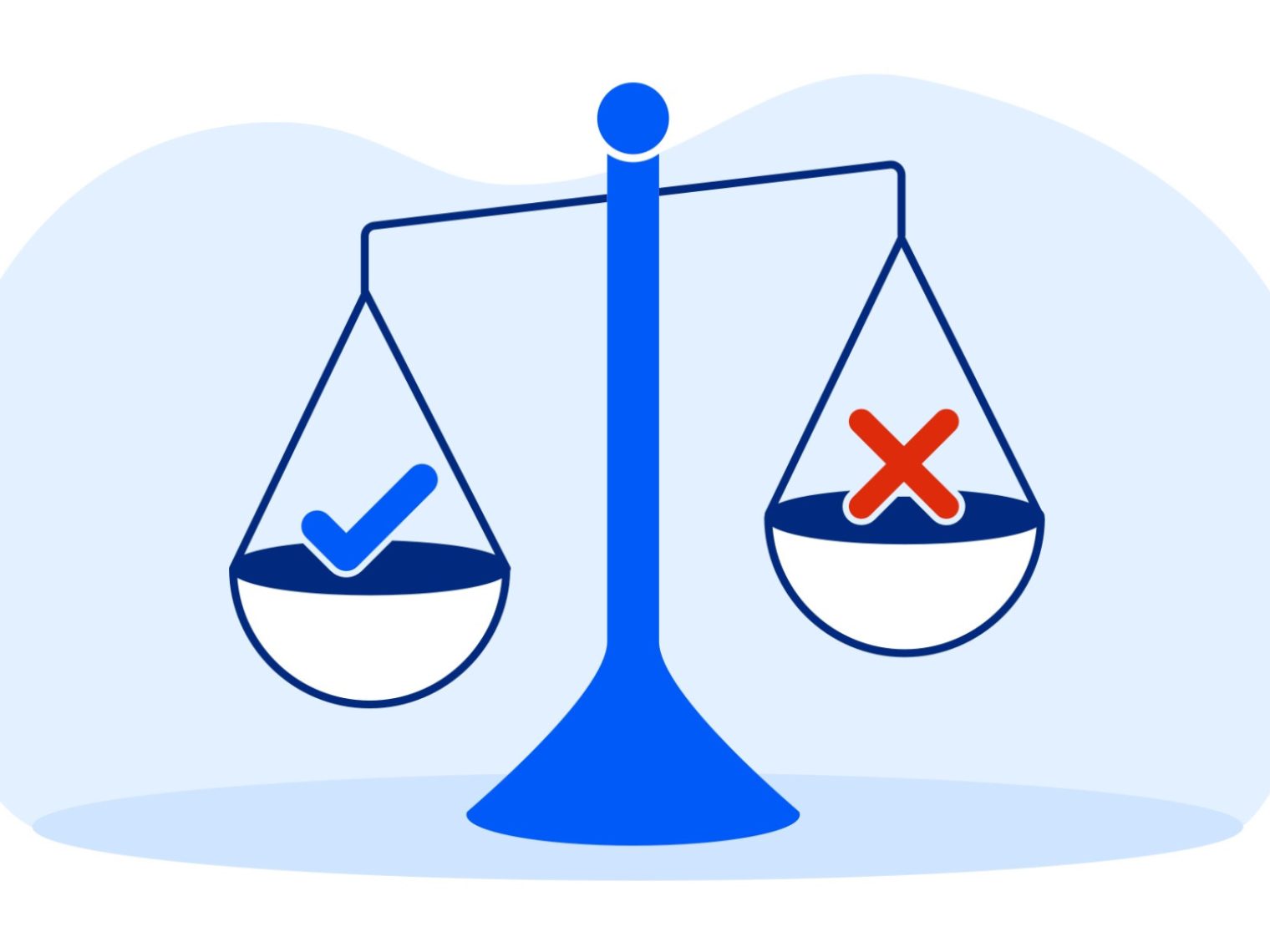- Co-borrowers or the Veteran’s estate is responsible for the VA loan after death.
- VA loans may be assumable by surviving spouses and children.
- If continuing the mortgage is unaffordable, you have a few alternatives.
Losing a loved one is never easy. In addition to working through grief, the surviving family members must deal with a whole host of financial concerns.
Families of Veterans who pass away often have questions about their VA loan benefits and are left wondering what happens when someone dies with a VA home loan.
Here's what you need to know.
Will the VA Pay Off the Balance of the Loan When the Veteran Dies?
A common misconception is that the VA will take care of a VA home loan balance if the Veteran dies before paying it off. This is not true. The VA does not pay off loans after Veterans have died.
VA loans come with a guaranty, which is both a great benefit and a source of confusion for some borrowers and their families. The VA loan guaranty only covers the cost if the borrower defaults on the loan — that is, the Veteran has missed payments and the lender wants to foreclose.
The VA loan guaranty protects the lender and makes it easier for Veterans to purchase homes, as the bank's risk of losing money is significantly reduced. But this guaranty does not pay off the loan in the event of the borrower's death.
The VA guaranty is also not a form of life insurance. Veterans who want mortgage protection after death should look into Veterans Mortgage Life Insurance (VMLI), a separate VA policy that helps pay off the mortgage if the Veteran passes away.
Who is Now Responsible for the VA Loan?
When the Veteran who holds the VA loan dies, the lender treats the debt like any other. If the loan names a co-borrower, that person assumes responsibility. In many cases, the surviving spouse is the co-borrower on the loan, but even if they aren’t on the loan, they will most likely assume the debt when they take on their loved one’s estate.
Sometimes, children may assume a VA loan in the event of a Veteran parent’s death, but the process tends to come with specific caveats. For example, if a child assumes the loan from their deceased Veteran father, the entitlement for that home would remain attached to that specific residence.
If there are no children or other relatives to claim your estate, it will be sold to repay your VA loan debt. The VA does not get involved in this process, and the courts handle the debt.
VA Loan Assumption
To further support Veterans and their loved ones, the VA allows civilians to assume, or take over, an existing VA loan. Even if you are not in the military, a Veteran or a surviving spouse, you may still be eligible to assume a VA loan.
However, assuming a VA loan after death isn't automatic, and a few requirements exist. New borrowers must have credit scores and income that meet the VA's guidelines and assume all of the mortgage's obligations.
They also need to pay the VA Funding Fee, which is 0.5% of the remaining loan balance for VA loan assumptions. However, if you are a surviving spouse receiving the disability pay for the Veteran’s service-connected disability, you may be exempt from paying the funding fee.
A VA loan assumption is a great way to keep a loved one's home after passing. It can also be a good financial move, as you may be able to maintain the deceased Veteran’s VA loan interest rate if it is lower than current market conditions.
Alternatives if the Mortgage Payment is Unaffordable
Assuming a VA mortgage can be expensive, especially if you already have a mortgage payment. You may want to consider other options if assuming the mortgage is a financial stretch.
1. Sell the Home
If you are unable to keep up with the monthly mortgage payments, your best option may be to sell the home. Ideally, the home sells for more than what’s owed on the loan, allowing you to pay off the balance and avoid foreclosure.
However, if the home sells for less, it may require a short sale, where your lender agrees to accept less than the full loan balance. Before listing the home, calculate how much you will profit from the home sale and speak with your loan servicer to understand the next steps.
2. Refinance to a Lower Monthly Payment
If eligible, refinancing the loan using a VA Interest Rate Reduction Refinance Loan (IRRRL) could reduce your monthly payment. An IRRRL allows you to refinance to a lower interest rate or more manageable loan terms, which can ease the burden of monthly payments.
3. Explore Foreclosure Avoidance Options
Although the VA Servicing Purchase (VASP) program ended in May 2025, the VA continues to offer resources to help borrowers avoid foreclosure. Whether you’ve assumed the loan or are considering it, reach out to the loan servicer to learn about options like repayment plans, special forbearance or loan modifications that could help you stay in the home.
Talk With a VA Lender Today
If a Veteran in your life has passed away, it's crucial to get in touch with their mortgage lender as soon as possible to sort everything out and avoid missing payments. Most VA lenders want to help borrowers avoid default and will work with you to accommodate your needs during a difficult time.
To speak with a Veterans United VA loan expert, call 855-870-8845.
How We Maintain Content Accuracy
Our mortgage experts continuously track industry trends, regulatory changes, and market conditions to keep our information accurate and relevant. We update our articles whenever new insights or updates become available to help you make informed homebuying and selling decisions.
Current Version
Oct 9, 2025
Written ByChris Birk
Reviewed ByDon Wilson
Article updated for clarity. Content reviewed and fact checked by underwriter Don Wilson.
Related Posts
-
 VA Renovation Loans for Home ImprovementVA rehab and renovation loans are the VA's answer to an aging housing market in the United States. Here we dive into this unique loan type and the potential downsides accompanying them.
VA Renovation Loans for Home ImprovementVA rehab and renovation loans are the VA's answer to an aging housing market in the United States. Here we dive into this unique loan type and the potential downsides accompanying them. -
 Pros and Cons of VA LoansAs with any mortgage option, VA loans have pros and cons that you should be aware of before making a final decision. So let's take a closer look.
Pros and Cons of VA LoansAs with any mortgage option, VA loans have pros and cons that you should be aware of before making a final decision. So let's take a closer look.


